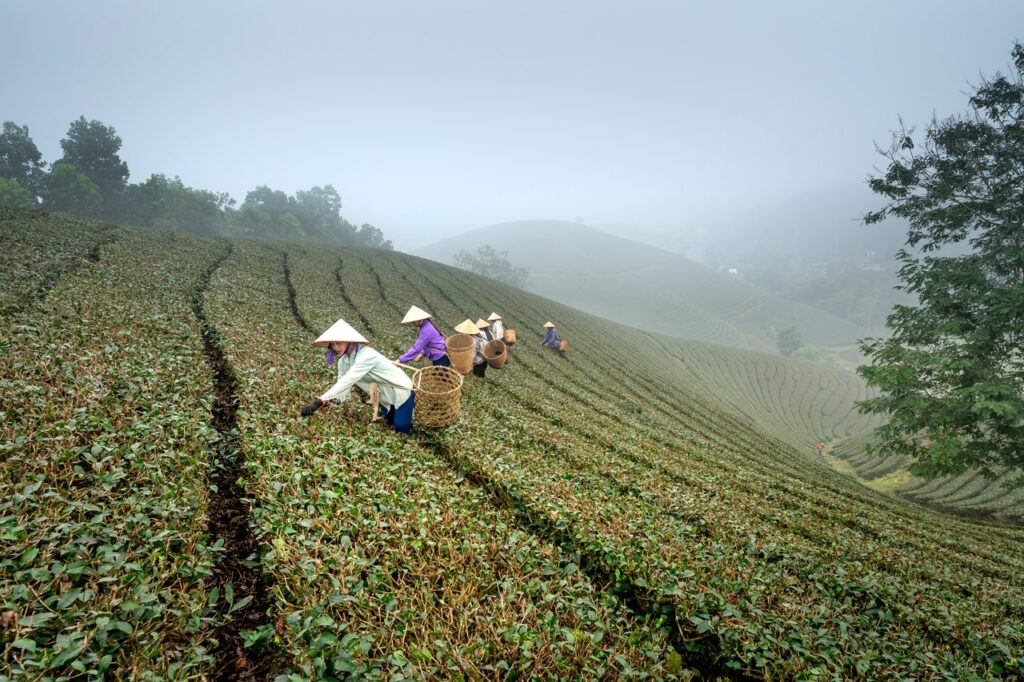
Many protests were made to express outrage over the takeover of food systems by some of the world’s largest technology companies as Alibaba in China and Amazon and Facebook In India. Big Tech’s ambitions with food and agriculture are global and extend to all aspects of the food system, including what is being called digital agriculture.
Just as with other sectors of the economy, large corporations are racing to collect as much data as they can from all nodes of the food system and to find ways to profit from this data. Microsoft, Amazon and IBM are all busy developing digital agriculture platforms to collect large amounts of data, which can then be processed with their powerful algorithms to provide farmers with real-time data and analysis on the condition of their soils and water, the growth of their crops, the situation with pests and diseases and the looming weather and climatic changes they may face.
This may be appealing for farms in areas where there is a lot of data collection and for farms that can afford technologies that collect data. It is a different story for the 500 million or so small farm households in the world who produce most of the world’s food. As a result, the data technology companies collect on small farms will inevitably be of poor quality. For the corporations investing in digital agriculture, the objective is to integrate millions of farmers into a vast, centrally controlled digital network. Once integrated, they will be heavily encouraged to buy their products and to supply them with agricultural commodities.
Digital agriculture is building the centralised production systems upstream that will supply Big Tech’s evolving operations downstream, which are rapidly displacing the small vendors, hawkers and other local actors who have long served to bring foods from small farmers to consumers. But Big Tech’s attempt to take over food systems will not go unchallenged.
For further information visit: https://www.aljazeera.com/opinions/2021/2/5/the-big-tech-takeover-of-agriculture-is-dangerous

